The inquiry found that over 30,000 people were infected from 1970 to 1991 via blood and blood products contaminated by HIV and hepatitis and that successive governments and medical professionals attempted to cover it up. Over 3,000 people have died as a result of the scandal with numbers set to rise. Prime Minister Rishi Sunak is set to apologise and announce $12 billion in compensation read more
)
Images of victims of the contaminated blood scandal are displayed during a vigil to remember those that lost their lives. The Infected Blood Inquiry said the authorities failed victims 'not once but repeatedly.' Reuters
The UK’s National Health Service is famed throughout the world.
Now, the state-run service is seeing its highest-profile scandal since being established in 1948.
The service and authorities left thousands of patients exposed to deadly infections via blood and blood products contaminated by HIV and hepatitis.
Worse, they tried to cover it up.
Let’s take a closer look at the infected blood scandal:
As per BBC, the report found that over 30,000 people were infected from 1970 to 1991 and at least 3000 people have died as a result of the scandal.
The Infected Blood Inquiry said the authorities failed victims “not once but repeatedly.”
Former judge Brian Langstaff, who chaired the inquiry, slammed successive governments and medical professionals for “a catalogue of failures” and refusal to admit responsibility to save face and expense. He found that deliberate attempts were made to conceal the scandal, and there was evidence of government officials destroying documents.
“This disaster was not an accident. The infections happened because those in authority — doctors, the blood services and successive governments — did not put patient safety first,” he said. “The response of those in authority served to compound people’s suffering.”
Langstaff in particular criticised professor Arthur Bloom.
Bloom, who died in 1992, was the director of the Cardiff Haemophilia Centre.
He was considered an authority on the subject in the 1970s and 1980s.
He said Bloom’s ideas “overly influenced” the way the government looked at AIDS and downplayed the danger to those with bleeding disorders.
Langstaff added that the cover-up was “more subtle, more pervasive and more chilling in its implications” than any orchestrated conspiracy plot.
Langstaff, a former high court judge, received a standing ovation by campaigners as he delivered his findings.
Langstaff, who led a near six-year inquiry, said the scale of what happened was both horrifying and astonishing.
Campaigners have fought for decades to bring official failings to light and secure government compensation. The inquiry was finally approved in 2017, and over the past four years it reviewed evidence from more than 5,000 witnesses and more than 100,000 documents.
Many of those affected were people with hemophilia, a condition affecting the blood’s ability to clot.
In the 1970s, patients were given a new treatment that the UK imported from the United States. Some of the plasma used to make the blood products was traced to high-risk donors, including prison inmates, who were paid to give blood samples.
Because manufacturers of the treatment mixed plasma from thousands of donations, one infected donor would compromise the whole batch.
Langstaff said the government in 1983 ignored the recommendations from Dr Spence Galbraith, one of the country’s top disease experts, to suspend the use of imported blood from the US until the HIV risks had become clearer.
The report said around 1,250 people with bleeding disorders, including 380 children, were infected with HIV -tainted blood products.
Three-quarters of them have died. Up to 5,000 others who received the blood products developed chronic hepatitis C, a type of liver infection.
Haemophiliacs received Factor 8 concentrates which carried a paticularly high risk of infection.
Some of the concentrates were infected with HIV in the 1980s, the inquiry said, but authorities failed to switch to safer alternatives, and they decided in July 1983, a year after risks were apparent, not to suspend their importation.
Systemic failures resulted in between 80 and 100 people becoming infected with HIV by transfusion, the inquiry found, and about 26,800 were infected with Hepatitis C, often from receiving blood after childbirth or an operation.
Both groups were failed by doctors’ complacency about Hepatitis C and their slowness to respond to the risks of AIDS, it said, compounded by an absence of meaningful apology or redress.
Meanwhile an estimated 26,800 others were also infected with hepatitis C after receiving blood transfusions, often given in hospitals after childbirth, surgery or an accident, the report said.
British Prime Minister Rishi Sunak is expected to apologise later Monday, and authorities are expected to announce compensation of about $12.7 billion in all to victims.
Details about that payment are not expected until Tuesday at the earliest.
The British government, which in 2015 said it was “something that never should have happened”, agreed in 2022 to make an interim payment of $126,990 to those affected.
As per BBC, payouts have been made to around 4,000 survivors and partners of the victims.
The report said many of the deaths and illnesses could have been avoided had the government taken steps to address the risks linked to blood transfusions or the use of blood products. Since the 1940s and the early 1980s it has been known that hepatitis and the cause of AIDS respectively could be transmitted this way, the inquiry said.
Langstaff said that unlike a long list of developed countries, officials in the U.K. failed to ensure rigorous blood donor selection and screening of blood products. At one school attended by children with hemophilia, public health officials gave the children “multiple, riskier” treatments as part of research, the report said.
He added that over the years authorities “compounded the agony by refusing to accept that wrong had been done,” falsely telling patients they had received the best treatment available and that blood screening had been introduced at the earliest opportunity. When people were found to be infected, officials delayed informing them about what happened.
Langstaff said that while each failure on its own was serious, taken “together they are a calamity.”
“It will be astonishing to anyone who reads this report that these events could have happened in the UK,” Langstaff said.
‘Gaslit for generations’
Andy Evans, of campaign group Tainted Blood, told reporters that he and others “felt like we were shouting into the wind during the last 40 years.”
“We have been gaslit for generations. This report today brings an end to that. It looks to the future as well and says this cannot continue,” he said.
Diana Johnson, a lawmaker who has long campaigned for the victims, said she hoped that those found responsible for the disaster will face justice — including prosecution — though the investigations have taken so long that some of the key players may well have died since.
“There has to be accountability for the actions that were taken, even if it was 30, 40, 50 years ago,” she said.
The use of infected blood has resulted in thousands of victims in the United States, France, Canada and other countries.
The infected blood and blood products, some of which were imported from the United States, were used for transfusions, which were not always clinically needed, and as treatments for bleeding disorders like haemophilia.
Clive Smith, chair of the Haemophilia Society, said the scandal had rocked trust in the medical establishment. “(It) really challenges the trust that we put in people to look after us, to do their best and to protect us,” he told reporters.
“Now the country knows and the world knows, there was a deliberate attempt to lie and conceal, this was systemic, by government, civil servants and healthcare professionals,” Smith was quoted as saying by the BBC.
“We don’t listen to the recommendations of public inquiries, and that has got to stop today,” Smith added.
The British inquiry, which started in 2018, does not have the power to recommend prosecutions.
In France, former health minister Edmond Herve was convicted in 1999 for his role in the scandal, but he received no punishment.
Michel Garretta, the director of France’s national blood centre, received a four-year sentence

 4 months ago
26
4 months ago
26

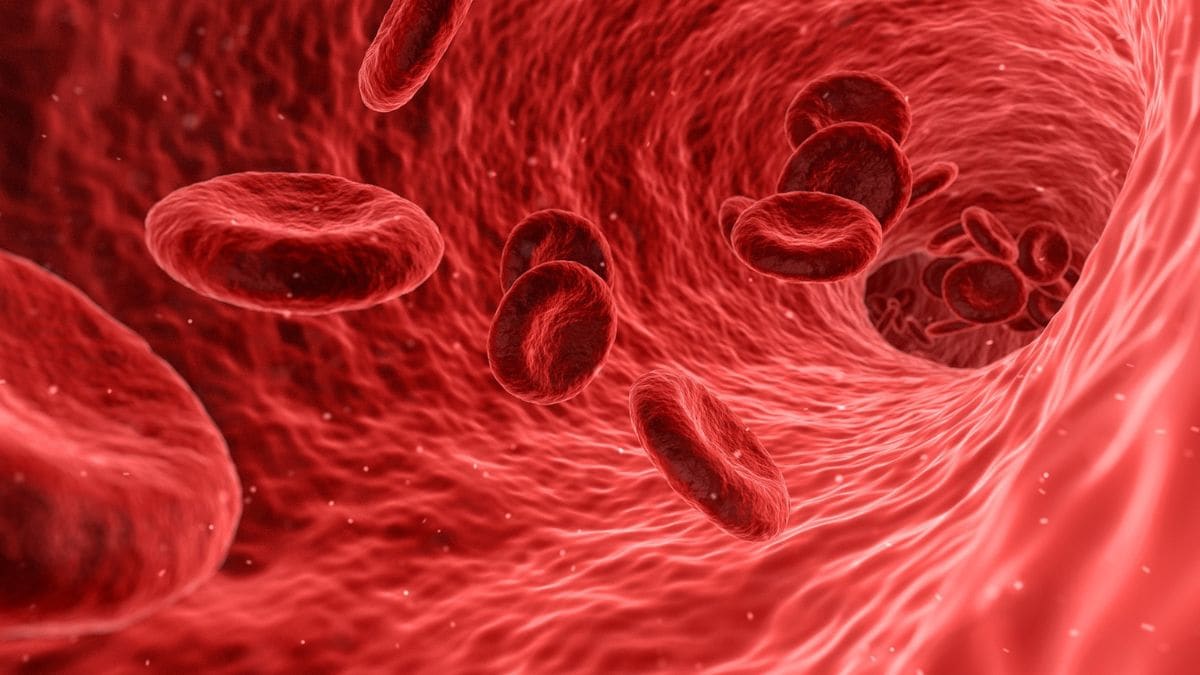
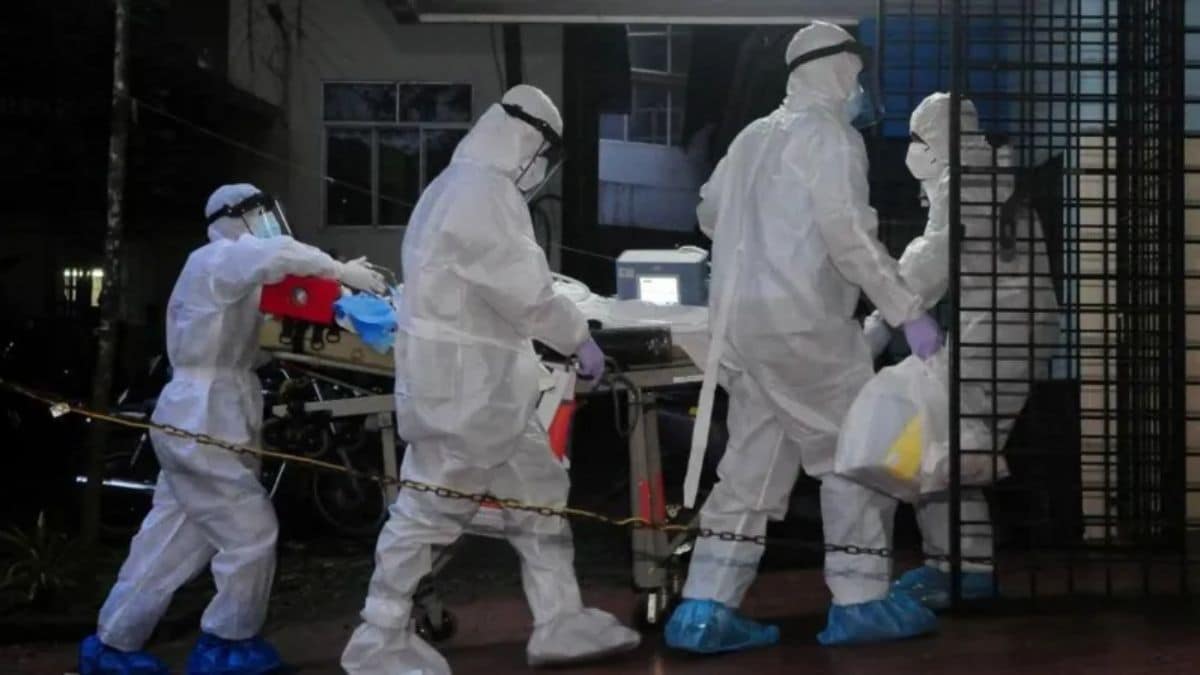
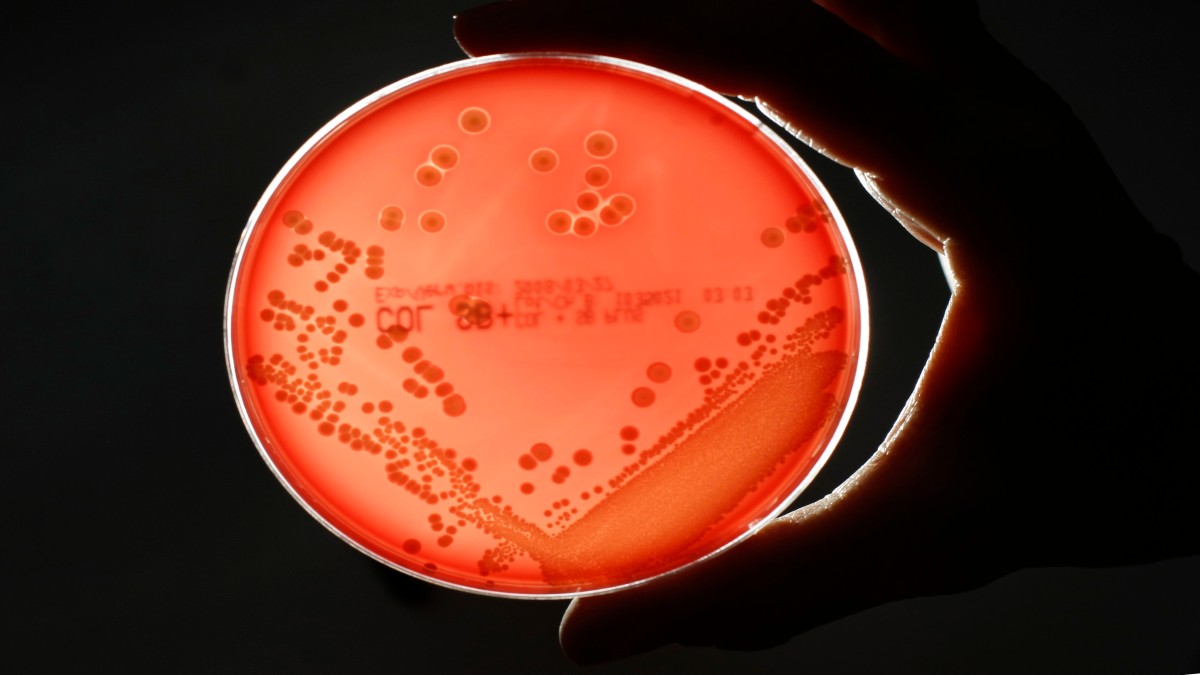



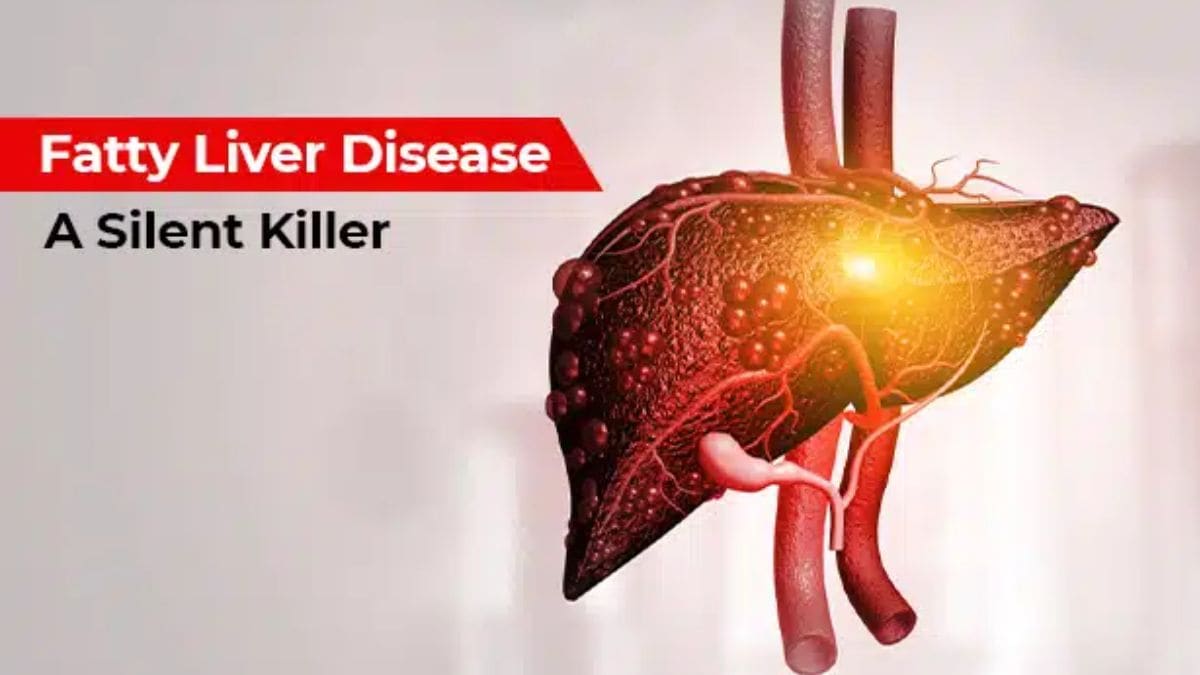

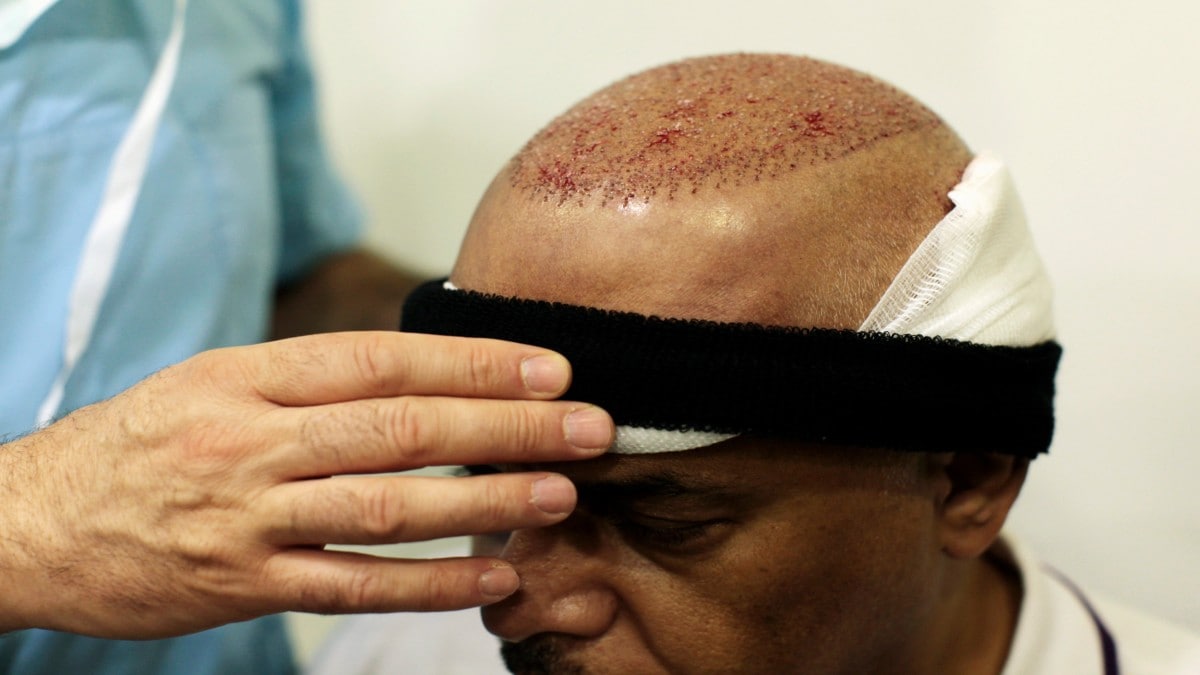

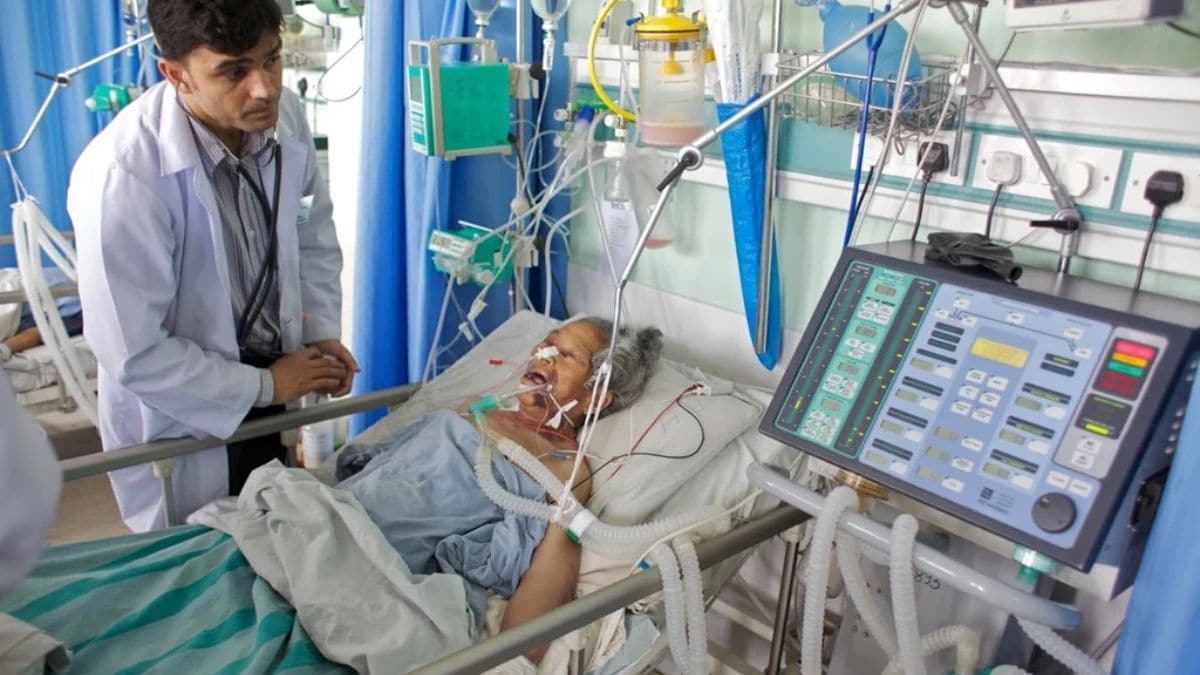


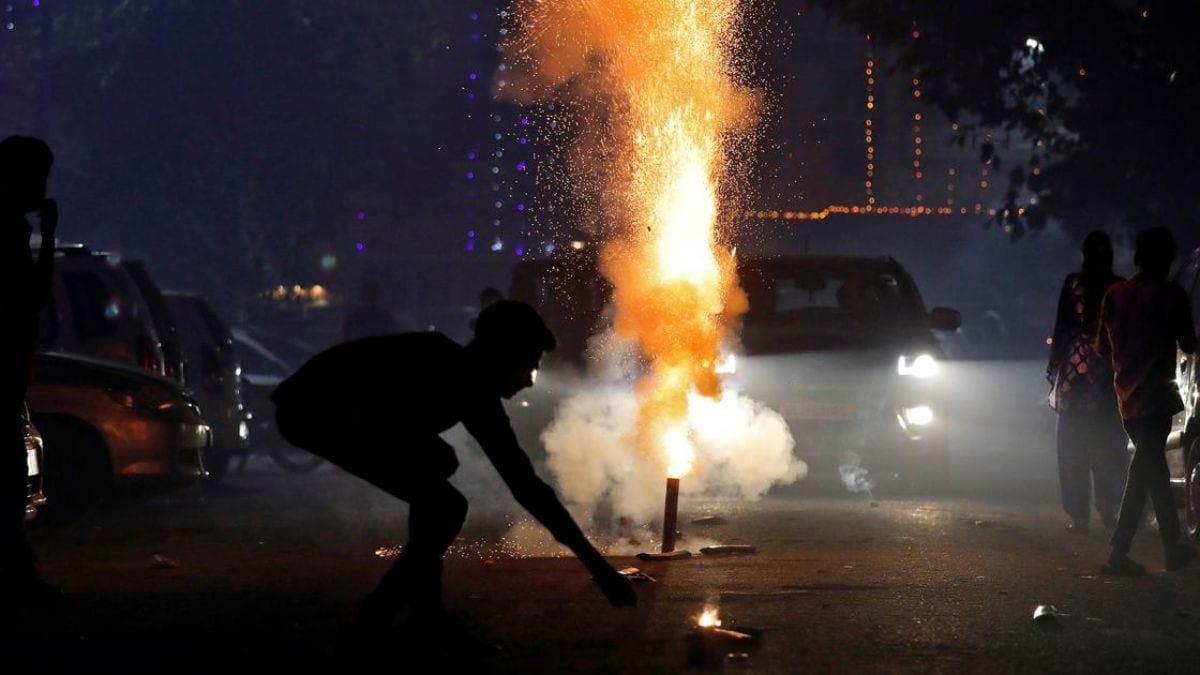
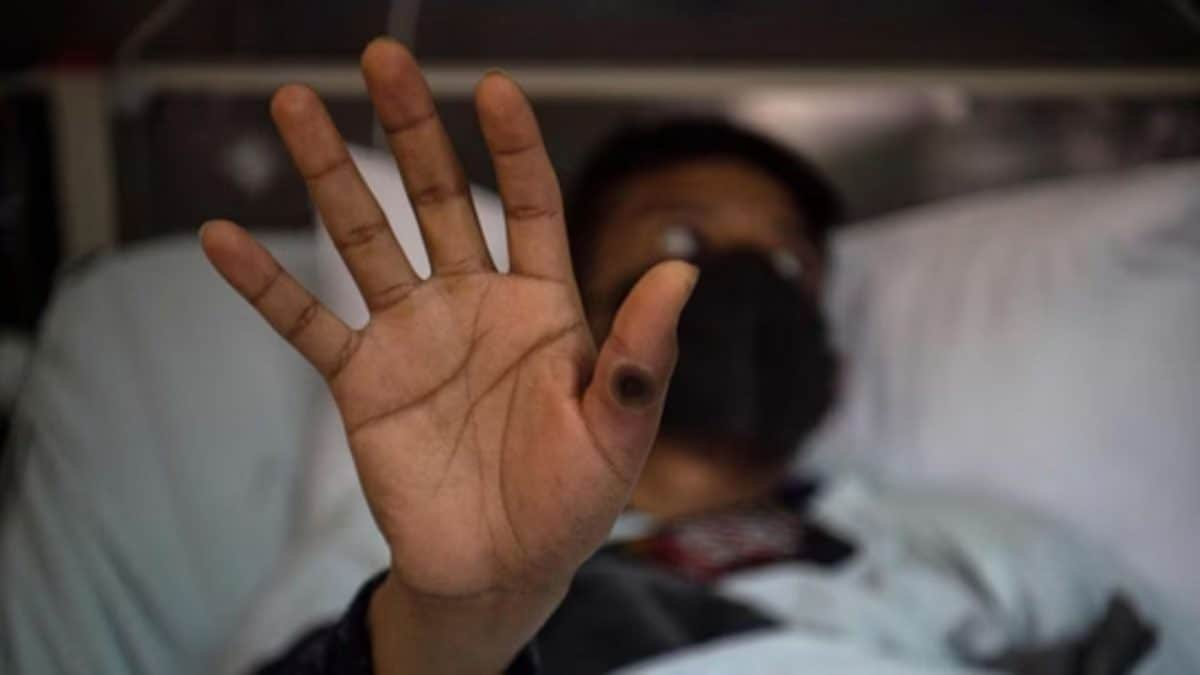


)
)
)
)
)
)
)
 English (US) ·
English (US) ·